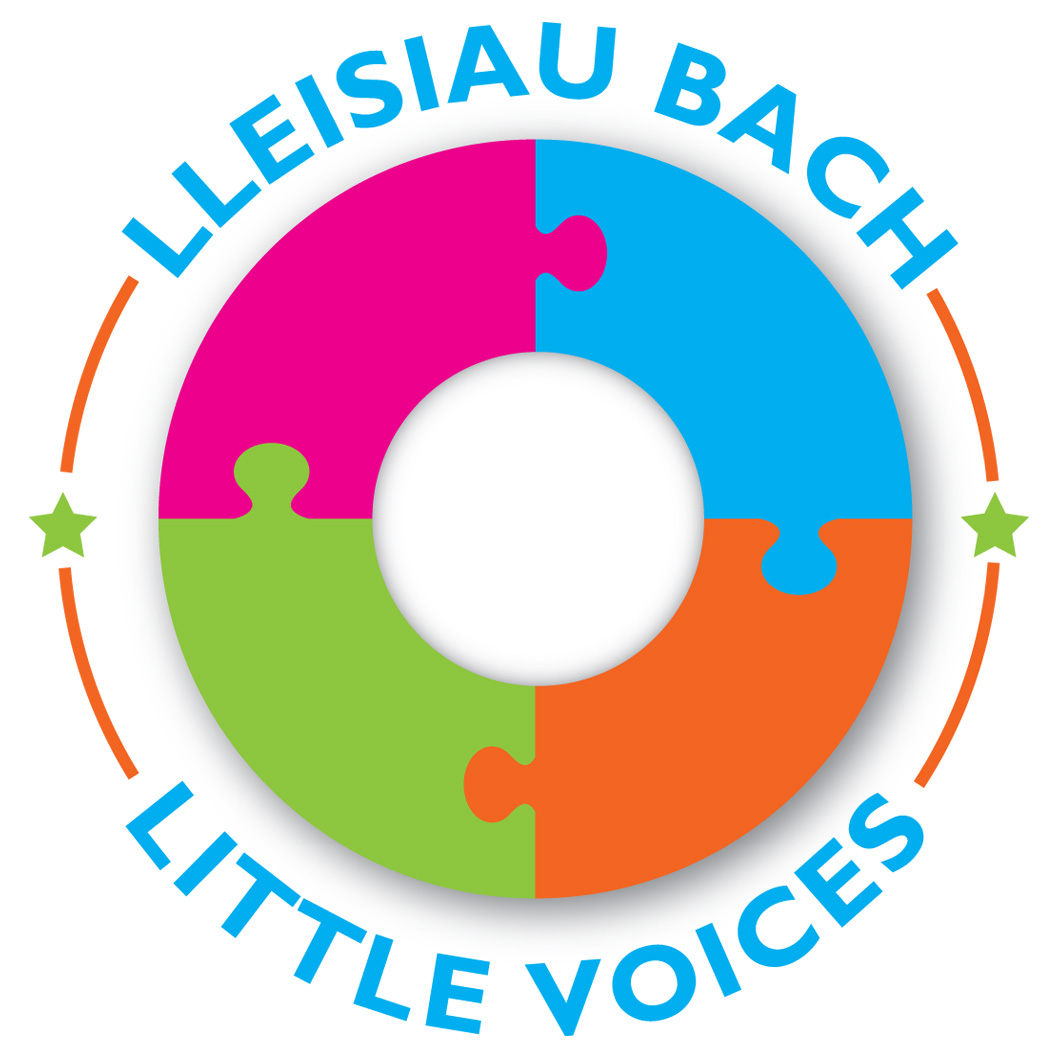Lleisiau Bach Little Voices began in Wales because of the UNCRC: see our History page.
Under the UNCRC’s reporting and monitoring process, non-governmental and civil society organisations are encouraged to give evidence to help the UN Committee on the Rights of the Child scrutinise governments and inform the Committee’s Concluding Observations on what more needs to be done. The Committee greatly encourages involvement of children in this process and held in high esteem Funky Dragon’s early work to support child-led research and reporting.
After moving to the Observatory on Human Rights of Children in 2014, Lleisiau Bach Little Voices continued with this work. The Observatory works with many non-governmental organisations and public bodies as well as with Welsh Government and the Senedd, to support effective implementation of the UNCRC, including by making dynamic use of the reporting process.
To find out more about the monitoring and reporting process under the UNCRC, a good place to start is Child Rights Connect, an organisation based in Geneva, Switzerland, that helps non-governmental groups connect with the Committee on the Rights of the Child. Child Rights Connect helped Lleisiau Bach Little Voices submit the first child-led report from children under 11 that the Committee had received, in 2015. You can see that report here. They helped again when Lleisiau Bach Little Voices contributed to the Committee’s Day of General Discussion on Children as Human Rights Defenders in 2018.
Through our monitoring and reporting work, we learned the value of the UNCRC as a process for achieving impact from children’s research, not only in reporting to the UN Committee but also when advocating for change at national and local levels. In Wales this is helped by the fact that the requirements of the UNCRC have been imported into law through the Rights of Children and Young Persons (Wales) Measure . Also, there are many public bodies and organisations that have adopted child rights charters.
We devised a 10-point classification for children’s research based on the headings used by the Committee to guide non-governmental reporters. Although this is subject to change from time to time, the principle of thinking about work generated by children in the terms used by systems devised by adults, like the UNCRC reporting process, is important. We hope in this way to enable the authentic voices and views of many more, especially younger, children to be fed more easily into the UN process – ‘bottom up’, from the communities in which the children live and work. Our Local Projects can be searched using these UNCRC-linked categories.
